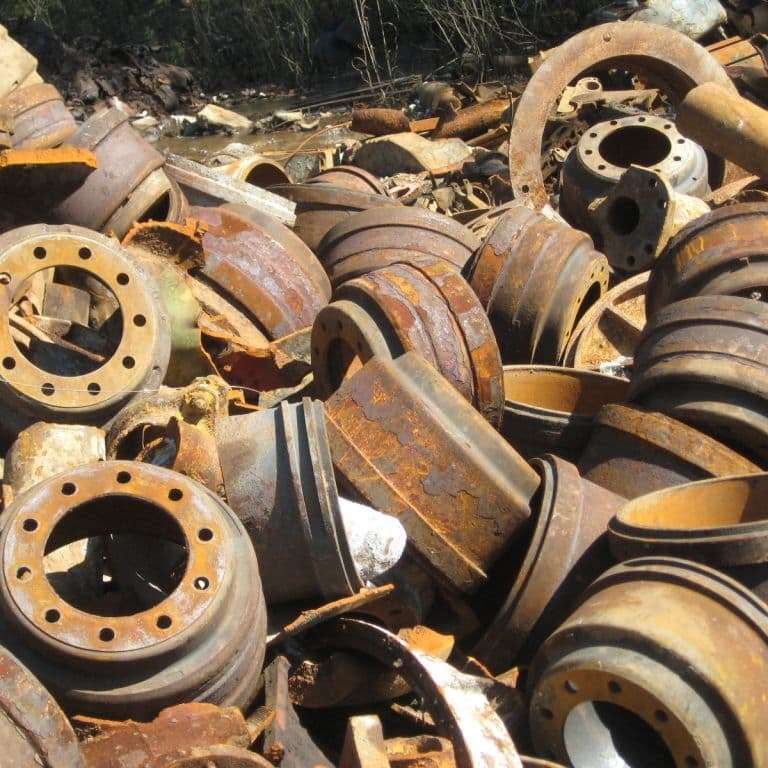
HMS 1 Scrap
Product Name: HMS 1 Scrap (Heavy Melting Steel 1)
Grade: ISRI 200–206 (as per Institute of Scrap Recycling Industries standards)
Material Composition: Wrought iron and steel scrap, free from galvanized or coated metals
Thickness: Minimum 6mm
Density: High-density steel, ideal for melting and reprocessing
Size: Typically cut to standard sizes not exceeding 1.5m x 0.6m for efficient loading and furnace use
Origin: Germany
Packaging: Bulk shipments, typically in containers or bundles secured for safe transport
Contaminants: Free from non-metallic materials, excessive rust, oil, and hazardous substances
Moisture Content: Minimal, as per international scrap trading standards
Recyclability: 100% recyclable for use in new steel production
Environmental Compliance: Processed under Germany’s stringent environmental and recycling regulations
Applications: Steel production, construction, automotive, and heavy machinery manufacturing
Description
HMS 1 Scrap (Heavy Melting Steel 1) is a high-quality ferrous scrap grade consisting of clean, heavy steel with a minimum thickness of 6mm. It primarily includes structural steel, beams, plates, and other wrought iron or steel materials that are free from non-metallic contaminants, galvanized steel, and excessive rust. HMS 1 Scrap is widely recognized for its high density, strength, and recyclability, making it ideal for steel production and various industrial applications. Sourced from Germany, known for its strict quality standards and advanced recycling processes, this scrap ensures superior quality and compliance with international standards like ISRI 200–206.
Application:
HMS 1 Scrap is extensively used across several industries due to its high density and excellent melting properties:
- Steel Manufacturing: Commonly used as a primary raw material in blast furnaces and electric arc furnaces for producing new steel products.
- Construction Industry: Recycled into construction materials such as beams, rebar, and structural supports.
- Shipbuilding & Heavy Machinery: Used for fabricating large-scale components like ship hulls, containers, and heavy equipment.
- Automotive Industry: Processed into parts and frames for vehicles and industrial machinery.
- Metal Fabrication: Utilized in making tools, pipes, and machinery components.
- Recycling Industry: Plays a crucial role in reducing the need for virgin raw materials, supporting sustainable practices and lowering carbon emissions.
- Infrastructure Projects: Employed in bridges, railways, and other large-scale civil engineering projects due to its durability and strength
